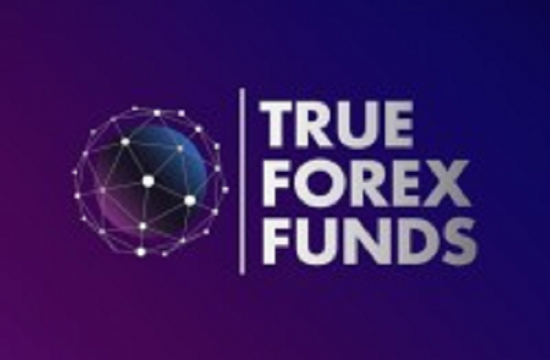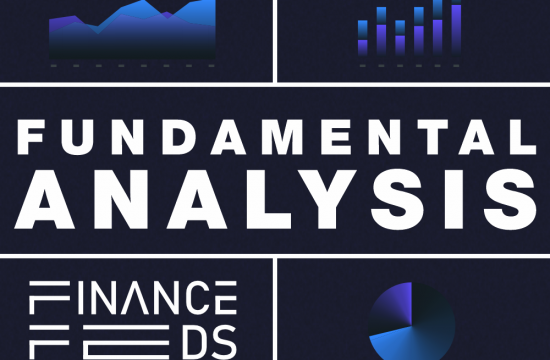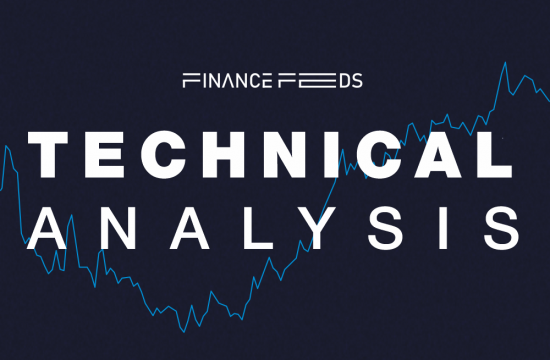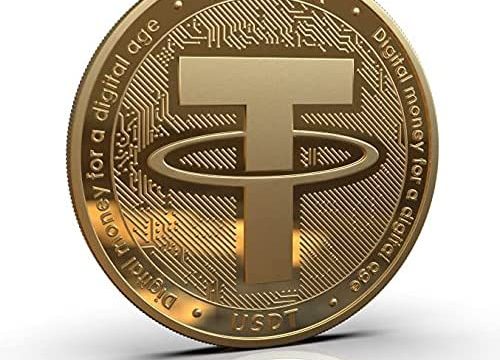There’s no denying the fact that the whole of 2022, particularly November, has been highly debilitating for the digital asset industry as a whole. In this regard, just a few weeks ago, FTX — widely considered to be one of the largest cryptocurrency exchanges in the world up until last month — was hit with a major scandal that caused the project to implode seemingly overnight.

As a quick refresher, on Nov. 2, it came to light that Alameda Research, a hedge fund operated by FTX head Sam Bankman-Fried, possessed huge amounts of FTT (FTXs native cryptocurrency) even though the two businesses were meant to be separate entities.
Following the revelation, Binance announced that it would be liquidating its FTT positions, which prompted the token’s value to plummet and traders/investors to rush and pull out their assets held by FTX.
Due to the enormity of the liquidations, FTX could not process its withdrawal requests — estimated to be worth $6B over a span of just 72 hours — thereby being faced with a massive liquidity crunch.
CeFi’s weaknesses continue to come to the forefront…
Since the start of the year, the crypto community has continued to keep learning the lesson of why decentralized finance (DeFi) is needed in this day and age the hard way, with major entities like Celsius, BlockFi, Voyager Digital, and now FTX having bitten the dust within the span of a few months.
All of the aforementioned projects were either centralized exchanges (CEXs) or centralized financed platforms (CeFi), with their business models essentially being the same, i.e. their day-to-day operations were overseen by a single governing body. To elaborate, while these platforms offered users exposure to crypto assets, they do not provide them with root ownership of their coins by holding on to their associated private keys.
On the other hand, during all of the recent market turmoil, decentralized finance (DeFi) platforms such as Uniswap, Balancer, Curv, among others, continued to function seamlessly, allowing their clients to exit their crypto positions if they chose to do so. Basically, not a single user lost access to their assets at any point during the meltdown.
To this point, DeFi projects are designed to maintain/preserve the benefits introduced by crypto-enabled technologies such as permissionlessness, a high degree of operational and functional transparency, resistance against any form of censorship, and self-sovereign custody of assets.
DeFi FTW… Here’s Why
As the frailties of today’s centralized crypto platforms continue to be exposed as a result of one crash after another, a growing forum of crypto users have continued to advocate for the use of DeFi. In this regard, Radix is one of the better, more reliable decentralized finance offerings in the market today.
In essence, it is an asset-oriented smart contract platform purpose-built for DeFi. To elaborate, Radix is the only vertically integrated purpose-built full stack for DeFi across the entire burgeoning Web3 ecosystem. It helps solve many of the pressing industry-wide issues plaguing the sector — including poor security, low scalability, and a lack of strong developmental capabilities — while also providing a Layer-1 (L1) solution that provides users with a rock-solid foundation for the growth of DeFi projects and dApps.
Lastly, it is worth mentioning that Radix utilizes a full stack approach to making the DeFi industry more scalable using a number of different routes, including the re-engineering of how consensus mechanisms work, deployment of distributed virtual machines, utilization of executable on-network code, creation of a simplified/intuitive DeFi application building framework and providing developers with lucrative incentives.
Looking ahead
While people across the globe have continued to call for more regulation of the crypto sector, it should be noted that the collapse of FTX was a failure of the CeFi industry (and its existing operation schemes) rather than a lack of legislation. In fact, the whole fiasco has served as an essential reminder of why decentralization is kind. Therefore, as we head into a future driven by digital assets, it stands to reason that more and more people will continue to gravitate towards DeFi since it presents a technological, financial paradigm shift that its centralized counterparts cannot compete with on any level.











